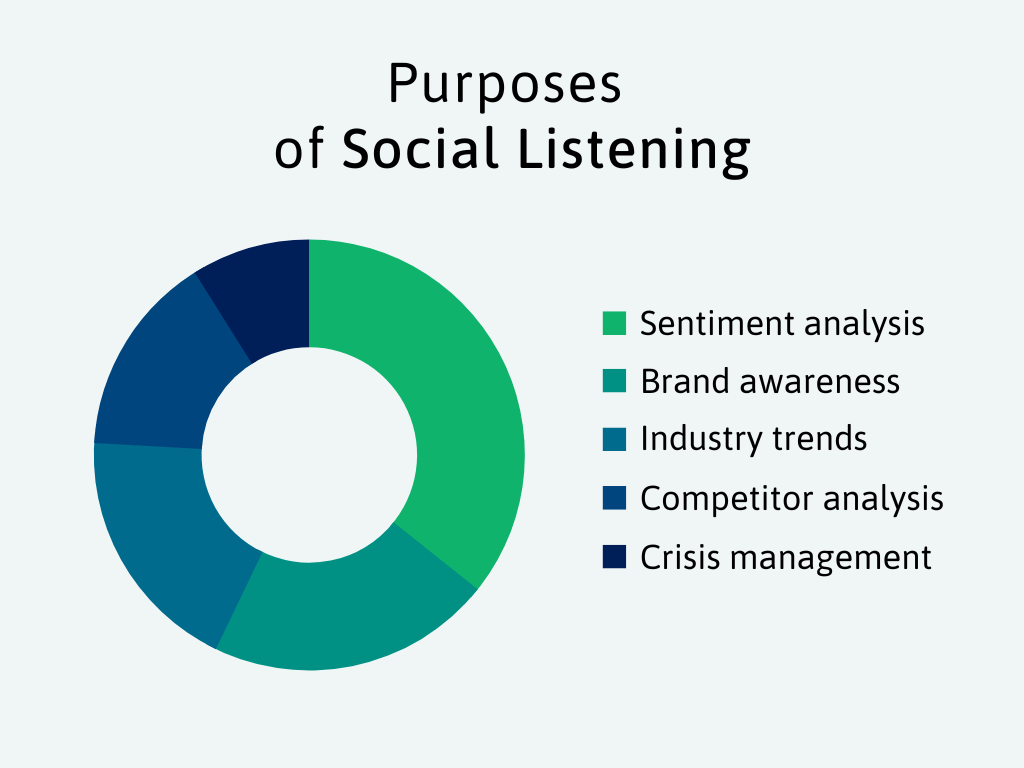
Sustainable Practices: A Guide to Effective Reporting
In today’s corporate landscape, sustainability reporting has become a crucial aspect of business operations. As organizations strive to align with global environmental and social goals, effective reporting on sustainability practices not only fosters transparency but also contributes to the broader commitment to a more sustainable future.
Understanding the Importance of Sustainability Reporting
Sustainability reporting serves as a comprehensive tool for businesses to communicate their environmental, social, and governance (ESG) performance. By systematically documenting and disclosing their sustainability initiatives, companies can demonstrate accountability and build trust with stakeholders.
Key Components of Effective Sustainability Reporting
To ensure the effectiveness of sustainability reporting, organizations need to focus on key components. These include clear documentation of environmental impact assessments, social responsibility initiatives, and governance structures. A detailed account of these components provides stakeholders with a holistic view of the company’s commitment to sustainability.
Data Transparency and Accuracy
Accurate and transparent data is the backbone of any sustainability report. Companies must invest in robust data collection mechanisms to accurately measure and report their environmental and social impacts. This commitment to data accuracy enhances the credibility of the sustainability report and fosters trust among investors, customers, and the broader community.
Engaging Stakeholders through Sustainability Reporting
Sustainability reporting is not just a compliance requirement; it is an opportunity for organizations to engage with their stakeholders. By actively involving stakeholders in the sustainability reporting process, companies can gain valuable insights, address concerns, and foster a sense of shared responsibility.
The Role of Technology in Enhancing Sustainability Reporting
Technological advancements play a significant role in streamlining the sustainability reporting process. From data collection and analysis to report generation, innovative technologies can enhance efficiency and accuracy. Integrating sustainable practices with technological solutions creates a more dynamic and responsive approach to reporting.
Challenges and Opportunities in Sustainability Reporting
While the benefits of sustainability reporting are evident, organizations also face challenges in navigating this complex landscape. Balancing the need for transparency with competitive considerations and addressing the evolving regulatory landscape poses challenges. However, these challenges also present opportunities for innovation and differentiation.
Continuous Improvement and Adaptation
Sustainability reporting is not a one-time effort but an ongoing process of improvement and adaptation. As organizations evolve, so do their sustainability practices. Regularly updating and refining sustainability reports ensures that they remain reflective of the company’s current initiatives and achievements.
Sustainability Reporting in Action: BusinessInc.my.id
For a real-world example of effective sustainability reporting, explore BusinessInc.my.id. This platform exemplifies a commitment to transparency and sustainability, providing insights into their ESG practices and initiatives. Learning from such examples can inspire and guide other businesses in their sustainability reporting journey.
Conclusion
In conclusion, sustainability reporting is a powerful tool that goes beyond compliance, serving as a means for organizations to showcase their commitment to a sustainable future. By embracing transparency, accuracy, and stakeholder engagement, businesses can not only meet regulatory requirements but also contribute meaningfully to global sustainability goals. Continuous improvement and learning from best practices, such as those demonstrated by BusinessInc.my.id, will further drive the evolution of effective sustainability reporting in the corporate world.



